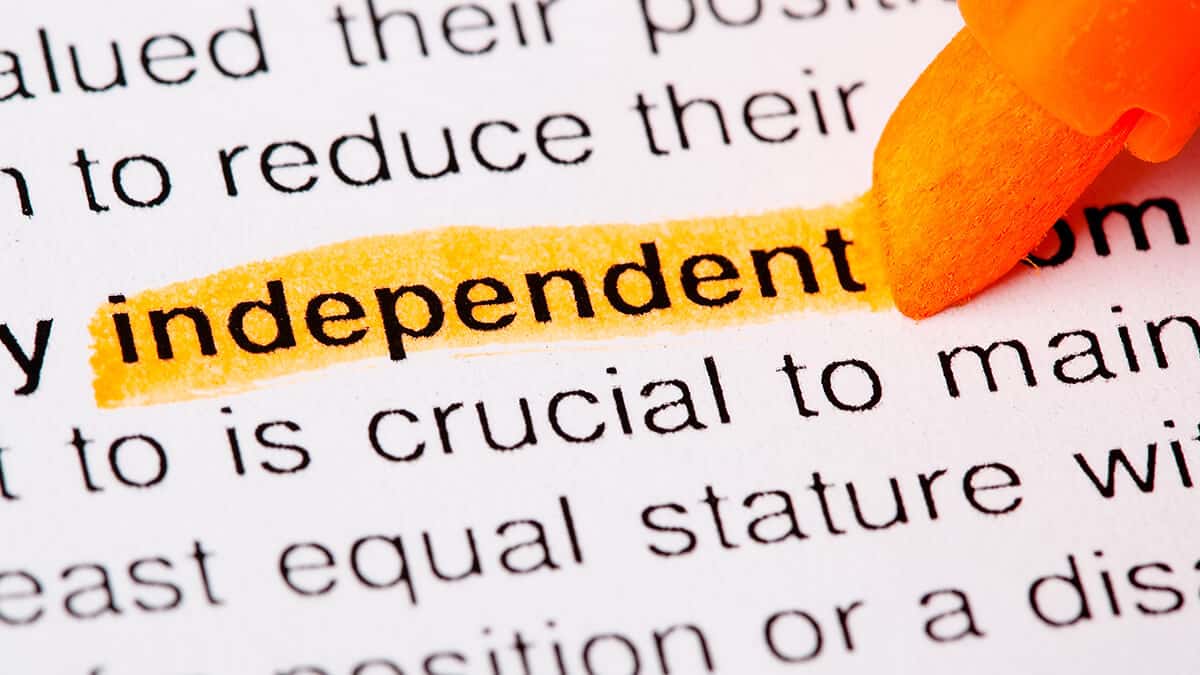In this guide
With everyone talking about the high cost of living these days, most of us have spent at least a few minutes taking a closer look at our finances and possibly our retirement plans.
That’s where some independent professional guidance can make a difference, rather than struggling through on your own or burying your head in the sand.
Despite this, the number of people seeking financial advice remains low. In fact, in 2024 research firm Investment Trends found 11.2 million Aussies had unmet advice needs, despite 60% of them understanding the benefits they would receive from getting advice. On the positive side, 1.3 million unadvised people were planning to seek out an adviser in the next two years.
Although cost is obviously an issue for many households, getting the right advice can be cost-effective in the long run. It’s a matter of figuring out what type of advice is on offer and where you can get it.
Step 1: Understand what advice is available
Although it can be tough to know what advice you need if you’ve never spoken to a financial adviser, the first step is to ask yourself whether you want help with your overall financial circumstances or just one specific issue.
The rules around providing financial advice in Australia are quite strict to protect consumers, with the main types of advice being:
- General financial advice: This is general factual information about financial products and cannot include a recommendation or suggestion that a particular product is the best one for your particular situation.
- Personal financial advice: This is personalised advice by the financial adviser you select and recommendations for specific financial services or products. Before providing personal advice, the adviser must consider your individual objectives, financial situation and needs. The adviser must also make their recommendations in your best interests and disregard any benefit they may receive.
- Tax (financial) advice: Tax (financial) advice includes areas such as the tax impact of commencing a salary-sacrifice arrangement, transition-to-retirement pension, or your capital gains tax (CGT) liability if you sell some investments.
From 2022, when financial advisers are recommending a financial service or product, they are not permitted to provide advice about its tax implications for a fee unless they are a ‘qualified tax relevant provider’. They must have the necessary educational qualifications and be listed on ASIC’s Financial Adviser Register as a tax relevant provider. (Advice providers who were previously registered as individual tax (financial) advisers with the Tax Practitioners Board must now be registered with ASIC.) - SMSF advice: Financial advice is often necessary when establishing or running an SMSF. This is a specialised area requiring advice from an experienced financial adviser or an accountant who holds an Australian Financial Services Licence.
Review into the quality of financial advice
The Quality of Advice Review (QAR) commissioned by the Morrison Government proposed wide-ranging changes to financial advice laws intended to make advice more accessible and less costly for consumers.
The current government implemented many of the QAR recommendations as part of Tranche 1, such as streamlining ongoing fee renewals and consent requirements. Further legislation is before Parliament covering areas such as a modernised best interests’ duty and replacement of the current Statement of Advice (SOA) requirements.










